Stars of the stage from the fabulous 50s
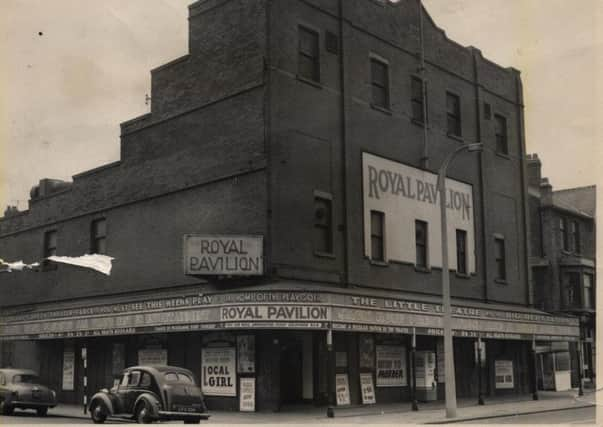

Superstar concerts. Great plays. Top notch season shows. Big (really big) West End musicals.
Overshadowed by this star-studded aggregation, a repertory company built a loyal following. So loyal that the Jack Rose Players are still fondly talked about by theatre-goers of the 50s.
Advertisement
Hide AdAdvertisement
Hide AdA reminder has come with a souvenir brochure that marked the first year of the Players’ residency at the Royal Pavilion.
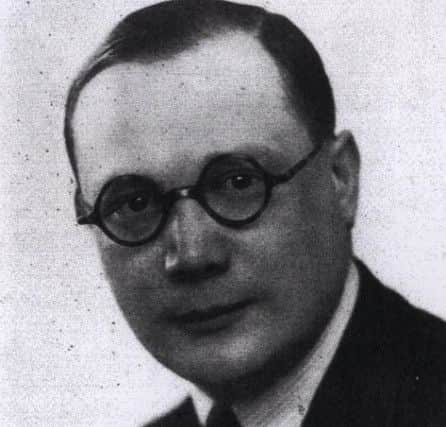

It was sent for our perusal by Raymond Dolling, a retired ABC manager who lives in Harlow, Essex, but knows Blackpool well from spells of duty here and from many later visits.
The Royal Pavilion was the eighth cinema to be purchased by Fylde Cinemas Ltd., in 1946-47, as a subsidiary of the Manchester-based JF Emery Circuit.
The company bought it from the Manchester-based Marks Cinema Circuit, which had operated it as the Alexandra since 1941.
Advertisement
Hide AdAdvertisement
Hide AdFylde Cinemas renamed it New Alexandra until August, 1949, when they announced the Royal Pavilion name would be restored and it would become the home of the Jack Rose Repertory Players.
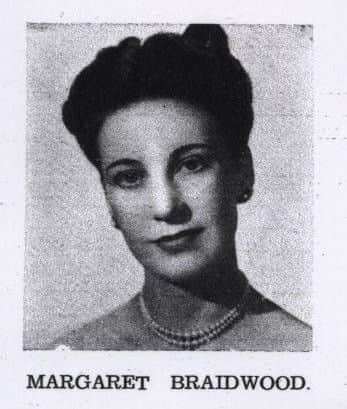

This was another Manchester link because Jack Rose had been running Rep in Thameside.
He had begun his career as a call boy, at a Manchester theatre in 1918; in the 1920s he had worked for CB Cochrane; in the ‘30s had been a manager for the Jack Hylton organisation and during the war years he produced shows for the Forces in Blackpool.
The Jack Rose Players opened at the Royal Pavilion, with RF Delderfield’s Peace Comes to Peckham (a sequel to his successful Worm’s Eye View) and a year later the brochure listed the 52 plays that had been produced.
Advertisement
Hide AdAdvertisement
Hide AdThey included favourites like When We Are Married, by JB Priestley, Rookery Nook by Ben Travers, Love In a Mist by Kenneth Horne, Love In Idleness by Terence Rattigan, and Night Must Fall by Emlyn Williams.
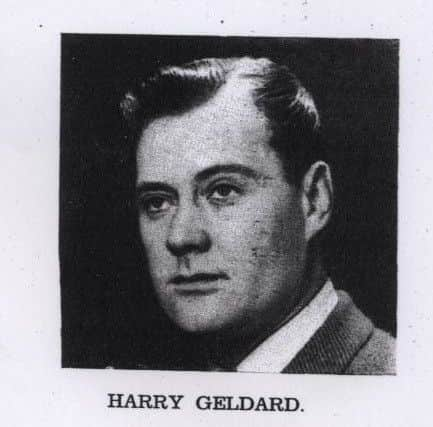

But more useful for any history of the company is a list of all the actors who appeared in that first year. I know one of them is still around and is a regular contributor to the Gazette Letters page.
Here they are in the order listed in the souvenir:
Harry Geldard (who was also the producer), Iris Wansker, Sheila Kay, Margaret Braidwood, William Brookfield, Shirley Nicholson, Frank Pettitt, Eileen Anson, Ivan Butler.
Cymbeline Brooks, June Davidson, Ronald Barlow, Hilda Malcolm, Greta Whiteley, Jennie Sykes, Gordon Rollings, Neil Kendall, Tom Armour.
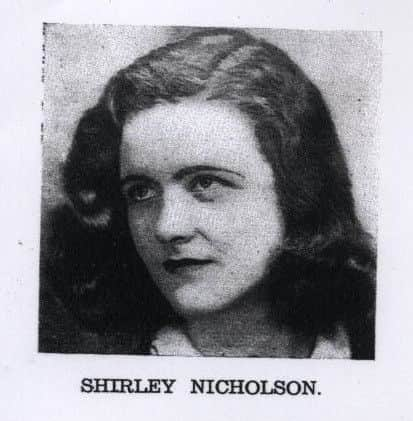

Advertisement
Hide AdAdvertisement
Hide AdFrank Lloyd, Colin Greenhalgh, Bernard McNamee, Roy Deeley, John Dawson, Gordon Leghorn, Dallas York, Ruth Holden, Leslie Whittaker, Eleanor Darling.
Harry Geldard and Margaret Braidwood were married after meeting at the Royal Pavilion.
Several of the above names are pictured on this page from the souvenir brochure.
Jack Rose paid tribute to them in the brochure and also to scenic artist Inigo Monk (who was later a noted television set designer).
Advertisement
Hide AdAdvertisement
Hide AdIn 1953, Jack Rose opened a second Rep company at the Ashton Theatre, St Annes. Future stars of television were seen with both companies, including Lynne Carol, Arthur Leslie and others from the early Coronation Street.
Three names I remember from the late 50s are Bill Croasdale (who became a Granada TV announcer), Valerie Standen and Francis Waddell, who also produced.


But in compiling this article, I discovered a name who had a richer career than any member of the Jack Rose companies.
In the winter of 1956-57, Frances Cuka, at the age of 20, appeared in several plays at the Royal Pavilion and had complimentary mentions in Gazette reviews.
Advertisement
Hide AdAdvertisement
Hide AdIn the spring of 1957, she joined Joan Littlewood’s Theatre Workshop at the Theatre Royal, Stratford East. In 1958, she created the role of Jo in Shelagh Delaney’s A Taste of Honey, repeating it in the West End and New York.
Soon after that, she joined the Royal Shakespeare Company and has had a long career in films and television.
Jack Rose left the Royal Pavilion to concentrate on the St Annes company. The Pavilion was closed for a year and there was a good deal of tut-tutting when it reopened in June, 1960, with a new lessee: Arthur Fox – with his Follies Striptease!